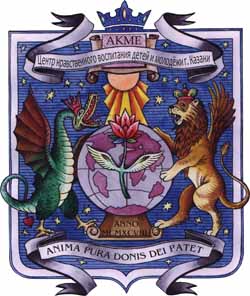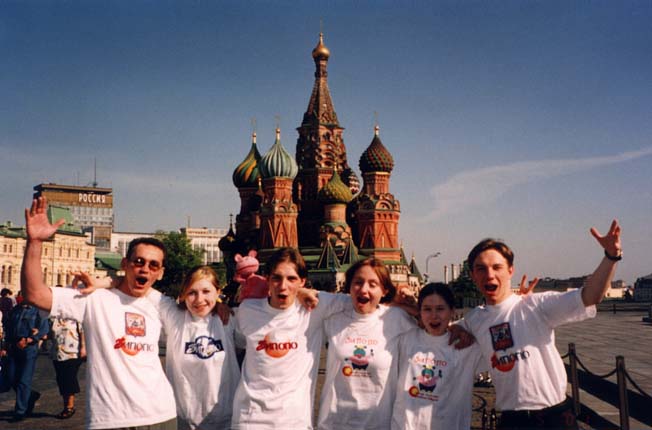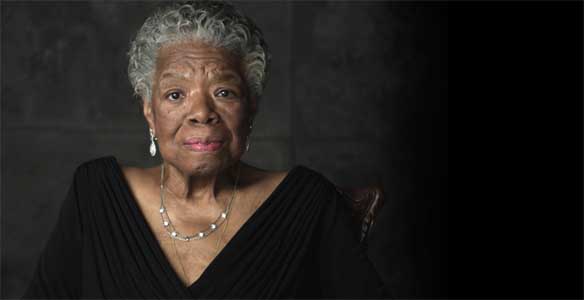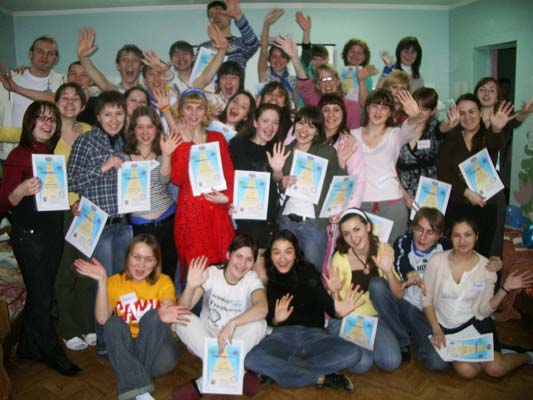
ACME
Association for Creative Moral Education
![]() Home
Home ![]() What is ZIPoPo
What is ZIPoPo ![]() Projects
Projects ![]() Trainings
Trainings ![]() Author and Founder
Author and Founder ![]() Gallery
Gallery ![]() Awards
Awards ![]() Publications
Publications ![]() Partners
Partners ![]() Contacts
Contacts
![]()
|
What is ZIPoPo
ZIPoPo* – is a methodology promoting facilitated discussions about constructive problem-solving strategies that can be owned and applied by the participants in their day-to-day lives. o Enriched with the elements of talk-show and drama, the ZIPoPo method helps to investigate conflicts as well as ethical/moral issues in a captivating and entertaining way, in order to then compile ethically-based approaches of conflict resolution together with the audience. o ZIPoPo aims to develop consultation in the search for positive solutions, while encouraging dialogue, positive behavior and moral responsibility in every individual. A driving objective is to create a safe environment that encourages participants to analyze assumptions about right and wrong, and develop the courage to think independently. o Officially introduced at the World Congress on Women in Beijing in 1995, the ZIPoPo method was used at the Training for Human Rights and Peace Education (‘Building a Culture of Peace’) study session sponsored by the Council for Europe in Strasbourg in 1999. o In 1998-2001, a series of ZIPoPo training seminars were held in the Balkan region as part of the ‘Royaumont Process’, an initiative of the European Community which aimed at strengthening stability and good neighborly relations amongst Southeastern European countries through the civil society. o In 2001, Shamil Fattakhov, creator of ZIPoPo, received GLOBArt International award (Pernegg, Austria) for peacemaking activities in Southeastern Europe, after he conducted a series of seminars titled «Promoting Positive Messages through the Media» held in 1998-2001 with the objective of promoting stability and good neighborliness in Southeastern Europe. GLOBArt in past years has presented awards to Lord Yehudi Menuhin, Hans Kung and Fariborz Sahba. o In 2002, with the support of UNICEF, IOM, UNMIK and GTZ, a multi-ethnic seminar was held to train youth leaders in Kosovo for participants of various ethnic backgrounds: albanians, serbs, macedonians, turks and roma. o Since 2002, Shamil Fattakhov has worked closely with Trip Barthel, who helped him to realize that ZIPoPo is actually a type of consultative process, adapted for youth. One of the numerous results of their creative collaborations was "The Golden Choices" project - a DVD with 22 short videos encouraging junior youth and youth to consult on important issues. Trip helped Shamil step into the field of Conflict Resolution which significantly enriched his understanding of consultation and helped to improve the ZIPoPo method. o In 2007, ZIPoPo facilitators from 9 countries came together in the Czech Republic to consult on the varietes of programs and the efficacy of the methodology. o In 2008, Shamil Fattakhov received the Association for Conflict Resolution (ACR) International Development Committee 2008 Outstanding Leadership Award (Austin, USA), presented by former Indiana Congressman Lee Hamilton. o In 2012, under the auspices of UNICEF, training was held in North Sudan for teachers and theatre actors in South Darfur, West Darfur and Kassala provinces, resulting in 500 shows for 33,000 youth. o ZIPoPo has been delivered worldwide and over 3000 “community” facilitators (hosts) have been trained in 66 countries in Europe, Asia, Americas and Africa.
*ZIPoPo (Zaochny Institut Pozitivnogo Povedeniya) means "Long-Distance Learning Institute for Positive Behavior". ZIPoPo was first introduced in 1994 as a Television Talk-Show by Shamil Fattakhov, a TV producer from Kazan, Russian Federation.
Reviews about ZIPoPo 1. “ZIPoPo is a well-thought-through educational system using up-to-date achievements of modern pedagogy and the performing arts as applied to the field of mass-media. It deserves high praise and deep esteem by virtue of its effectiveness as a sustainable process for the moral regeneration and transformational healing of society, giving to participating individuals a renewed understanding of universally accepted principles of spirituality, and gently promoting the development of a conscientious attitude on the part of all participants towards the personal and societal implications of their own deeds.” (Dr. Hamid Peseschkian, M.D., Ph.D. Board of Directors, International Center of Positive Psychotherapy and Transcultural Family Therapy Inc., Wiesbaden, Germany). 2. “A new public mechanism for social healing and interethnic communication” (“One Country” magazine, Baha’i International Community). 3. “It is a very interesting way of approaching this question of good neighborliness... In every family, and every nation, there are these types of problems that you could find better ways to solve. And this is one way to solve them.” (Per Vinther, Special Envoy of the European Commission to Croatia). 4. “The implementation of the project is a success.” (Dr. P. Roumeliotis, Coordinator of the Royaumont Process). 5. “This show is unique” (Elizabeta Rudic, “Open Circle” NGO, Rijeka, Croatia). 6. “It has the potential to change one mind, two minds, and slowly, slowly, 100 minds.” (Helena Vidosavljevic, participant at Royaumont Process seminar on “Promoting Positive Messages through the Media”, Croatia). 7. “This program is of a great value for nurturing positive qualities of the youth.” (Education Department, Administration of the Khabarovsk Krai, Russia). 8. “The knowledge delivered in the program will surely not stay in the realm of theory but will be used in practice.” (N. Krasnoborova, Faculty Head, Perm State Pedagogical University, Russia). 9. “During the training seminar the hidden talents of the participants were revealed.” (N.Vinnichek, Head, Social Youth Center, Baranovichi, Belarus). 10. “ZIPoPo develops the soul.” (I. Vitalyeva, “Gomelskaya Pravda”, Belarus). 11. “Such projects are necessary in our times, because the education and nurturing of children are among the most worthy human endeavours.” (O. Belozovich, “Pobeda”, Primorski Krai, Russia). 12. “ZIPoPo speaks about the possibility of solving a conflict on the spiritual level and offers positive samples... Participants of ZIPoPo are invited to collaborate in a co-creation. Today, when the society is steeped in gross materialism, ZIPoPo endeavours to wake up the souls of the people, and young ones most of all, it strives to reach their hearts.” (“Tatarstan Dulkininda”, Russia). 13. “Right in front of your eyes a miracle of collective participatory thinking happens - a miracle towards which the thinkers of the past have hitherto been vainly striving.” (“Na Volne Tatarstana”, Russia). 14. “ZIPoPo is not trying to give simplistic answers to the questions. The main thrust of ZIPoPo is to show the power of that which is good.” (“Olymp” Radio, Khabarovsk, Russia). 15. “ZIPoPo and indifference are two absolutely incompatible things.” (G. Safiullina, “Kazanskiye Vedomosti”, Russia). 16. “If in your family, after you have together watched ZIPoPo on TV, the discussion continues, it is great; it means that the main goal of ZIPoPo has been reached.” (I. Lebedeva, “Molodyozh Tatarstana”, Russia). 17. “ZIPoPo not only clarifies the points of view of the participants, but raises up the unexpected hidden psychological layers beneath certain thoughts and attitudes.” (M. Shipilina, “Kazanskiye Vedomosti”, Russia). Words of Gratitude
|
![]()



